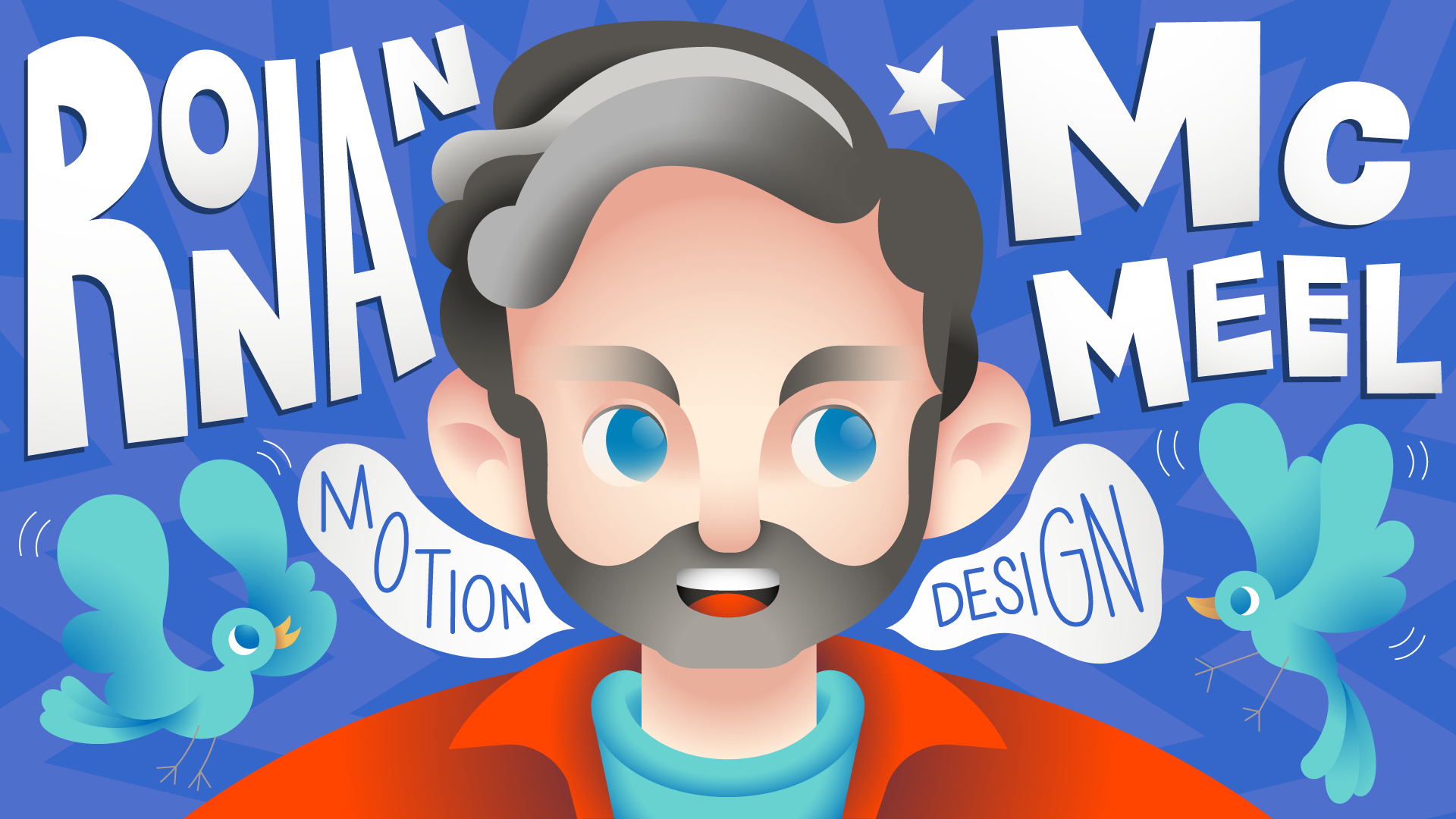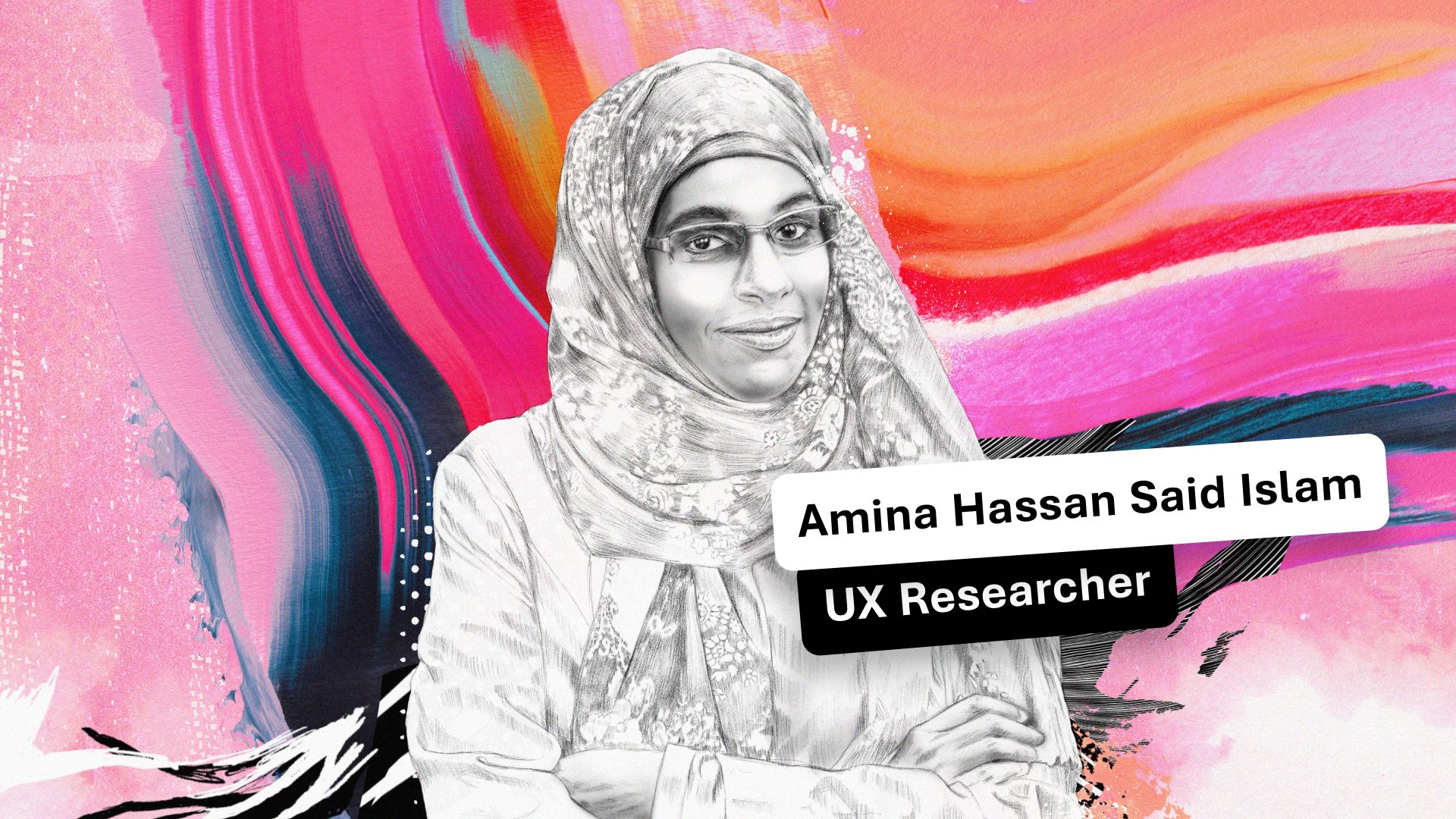
As a global collective, over one-third of the Microsoft Design community resides outside of our United States headquarters. With the growth of our community, dedicated design centers have also expanded worldwide. This post launches a series of conversations we’ll be having between folks across Africa, India, China, Latin America, and more. Beyond the fact that we’re more digitally connected than ever before (hello, hybrid!), disparity gaps are also more pronounced than ever. Global perspectives aren’t just ancillary but an integral need in our society. There’s no doubt that folks beyond U.S. geographies will solve many of our world’s most pressing problems, and we’re loving the rise of international UX.
Today, we’re thrilled to introduce our Nairobi Design Studio in our “Meet Studio254” interview series, starting with Amina Hassan Said Islam, a design researcher, and writer at our Nairobi office. Harrison Maina works with Amina Hassan Said Islam at Studio254, but because of hybrid work, the two haven’t had a chance to get to know one another. Maina, a young and ambitious UX designer, found the intersection between their fields fascinating. Naturally, when Maina caught up with Amina, they had much to discuss.
*This interview has been edited for clarity and length.
Maina: Let’s start with your journey to become a design researcher. Please share your background and how you got to where you are today.
Hassan Said Islam: So, my life before 2017 was very focused on academic research. I was doing a Ph.D. in the area of oil and gas, in the United Arab Emirates. In 2017, I got a job after graduating with my Ph.D., but they did not give me a visa for the UAE. So, I had to come back to the country whose passport I carried, which is Kenya. We were totally based in the UAE as expatriates — schooled there, and everything else from when I was born until 2017. So, I came to Kenya in 2017 and was a Ph.D holder in an irrelevant field, as oil and gas in Kenya as an industry was not mature yet.
I figured out too fast that I needed to reinvent myself and I was like, “Ok, I’m going to present on my strength, which is research.” And then I treated the first four months in Kenya as a research project. I lined up interviews with people trying to figure out how I was going to make a living. You know, they say that hunger is a very strong, strong motivator. So, I was trying to figure out where the intersection of my skills was, what the market needed, and what I could make a living doing.
Now, of course, being in Nairobi, tech startups were hot at the time. I figured my intersection was user research — but I didn’t name it that way. When I would talk to startup founders, co-founders, and design teams, I would say, “Do you talk to your customers?” and they would say, “No, but we know what the users need.” But that didn’t make sense because the users were not their demographics.
So, it started like that and from those conversations I would pitch about being a researcher in the startup. I started with an edtech startup called Eneza Education. At the time, the role wasn’t defined but they made the research + development lead role for me. And of course, you do it once, you get motivated to do it more than once. After that experience, I was independent for a while at a couple of places and that summarizes my journey because then I landed here at Microsoft.
Maina: And in design research, what’s your day-to-day like?
Hassan Said Islam: I listen to the customers. You must have empathy and an open mind. So, you’ll ask questions and listen to the customers because I feel like it’s one of those jobs where you don’t do much of the talking but you sit, observe, and listen. One of the most fascinating things I’ve learned is how much humility this practice builds over time. It’s hard not to go in with assumptions and hypotheses that you’ve been handed from the design team — and many times the results are completely different than predicted.
Maina: In terms of joining Microsoft, is what you’re doing today what you expected when moving from contract to corporate work?”
Hassan Said Islam: Definitely. One of the differences I’ve noticed between being part of a startup and being in a corporation like Microsoft is how you’re finally able to focus on research skills. For instance, I might’ve been hired as a researcher, but I’d often end up doing random things, because of that all-hands-on-deck mentality that exists in the startup ecosystem.
I also remember being one of those people who thought it was better to be a generalist rather than a specialist for a while. My perspective came from the fact that I was a real specialist in my academic field, but I went into a market where it was irrelevant. I had to become a generalist to make a living. But after joining Microsoft, I’ve been able to focus on being a specialist in my field again. Now, as a researcher and specialist for projects, I explore nuances and depth that you cannot get when you’re a generalist, particularly in design research.
Maina: That’s interesting. And I know you’ve done numerous research projects since joining Microsoft. How would you say research impacts design? How do you point out the impact of the work that you do on the product that eventually gets built?
Hassan Said Islam: I’ve been lucky in that I often get pulled in during the conceptualization phase by the PM, which helps define the jobs a feature is supposed to help users complete. I think this helps direct the work in progress. And another thing that I noticed, especially with evaluative research, is that when two people have two different directions they want to go in, research gets pulled in as the mediator to just help us figure it out.
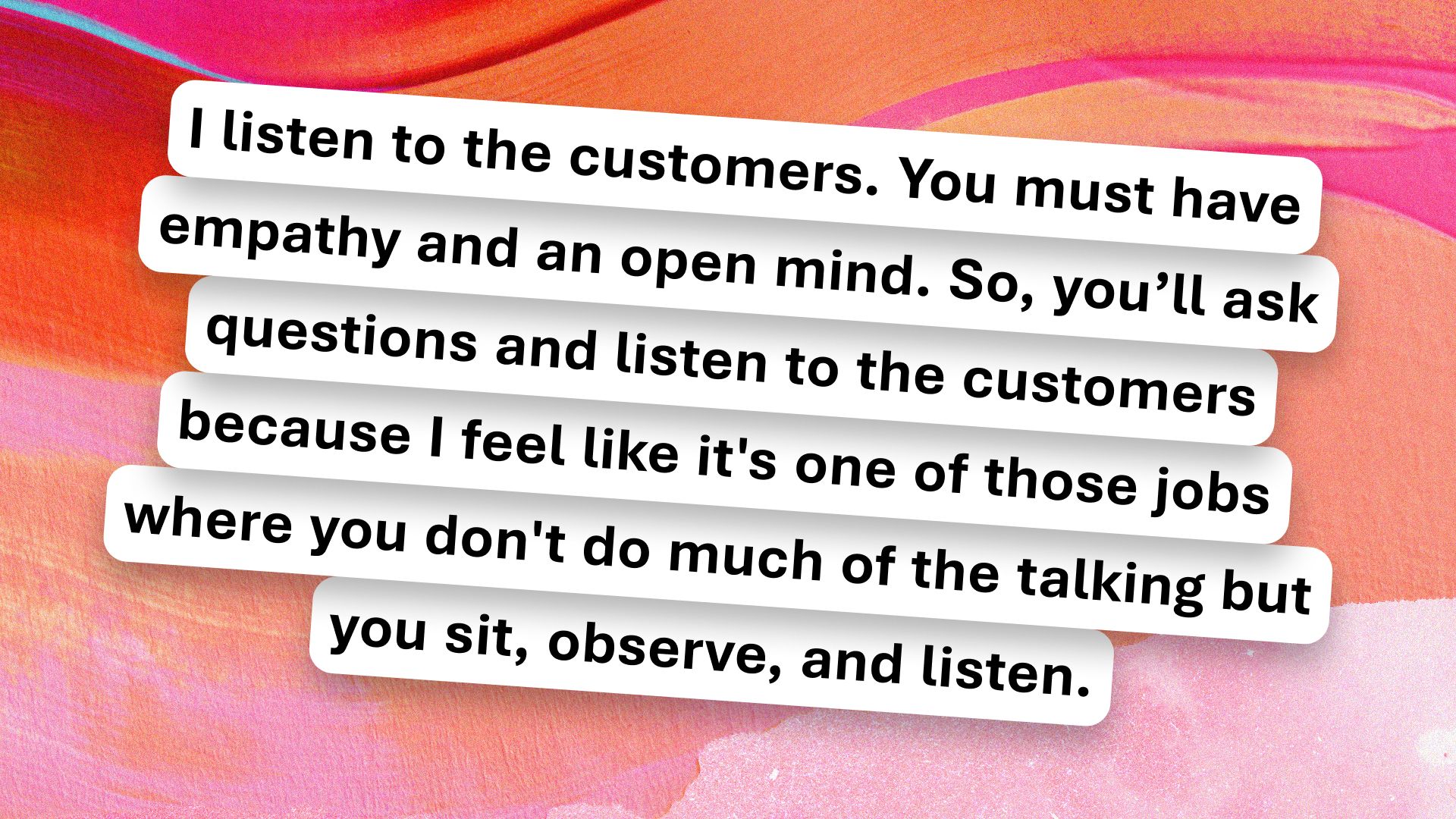
Maina: Interesting. Another thing I hear a lot when I tell people I work at Microsoft — most people think that we do projects that are specific to just one continent or country. And they’re normally surprised when they hear that you’re working on products that impact a global audience. There’s this expectation that you’re building products for, let’s say the African content, right? What expectations did you have joining Microsoft?
Hassan Said Islam: I think there are two parts. One, I appreciate the knowledge transfer that happens when we’re working across teams. So again, coming from my startup experience in Africa, it was very common to be the only researcher in the company. There was no one to bounce ideas off. The second part is what you mentioned about working for a global audience. At the end of the day, let’s say I’m doing a user test and I’m trying to observe a person’s behavior regardless of where they are (for instance, in Spain or in the U.S.), the behavior of how they click on the screen is so similar. I find it fascinating that some things are just very cross-cultural.
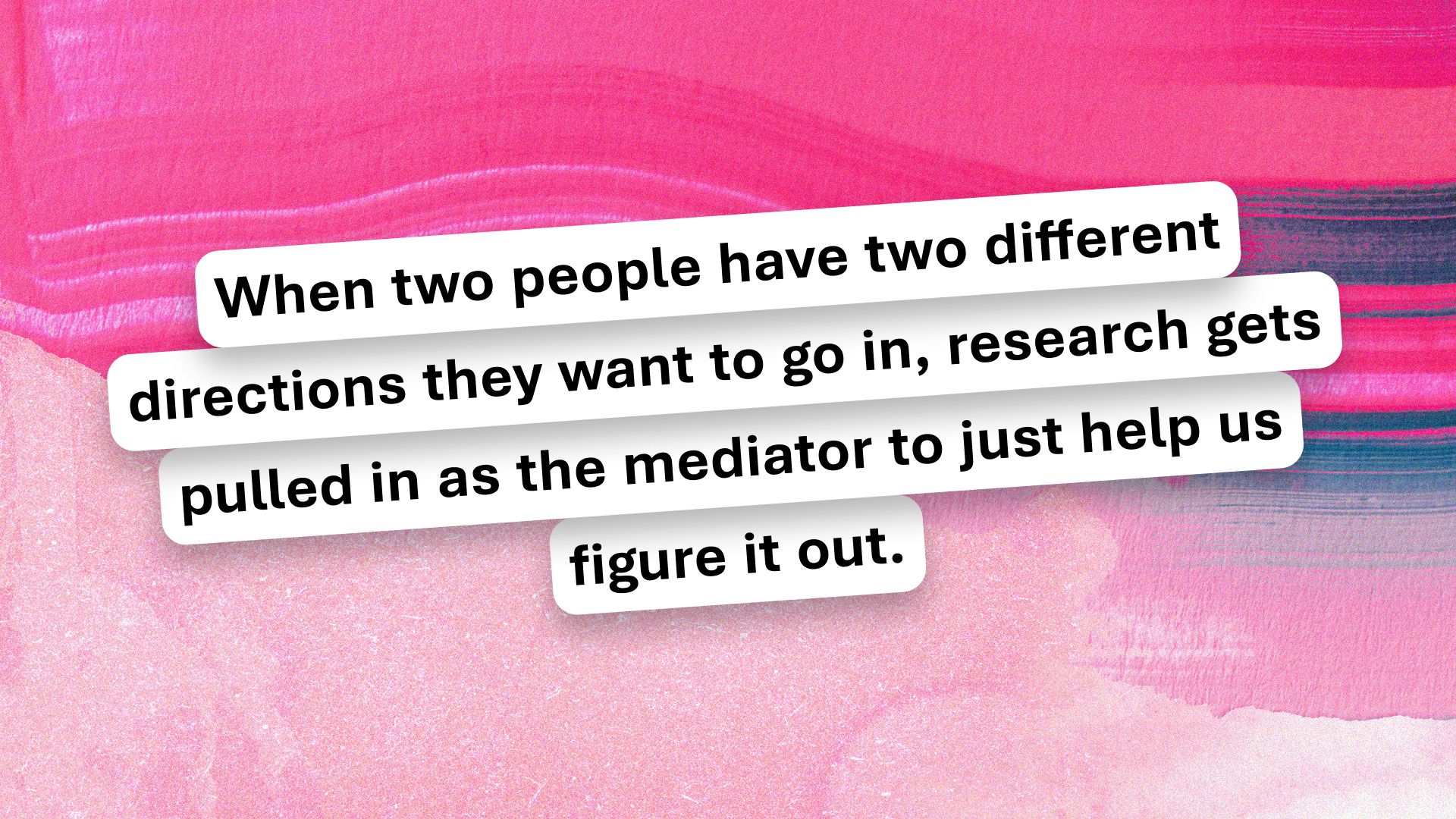
Maina: Awesome. What’s the one thing that you are optimistic about as a researcher at Microsoft? What gives you that energy to keep on going?
Hassan Said Islam: It’s learning. I think this has been the central thread across my entire life. I’ve always been into learning — just advancing in that way and applying what I learn. So, for me, it’s about not being complacent. And learning and growing as a researcher in terms of the skills that you apply, like new things that are coming into the market.
Maina: Nice. I also strive to do that and the opportunities to interact with more people and diverse personalities is interesting. I think that’s one thing that Microsoft does give you. Outside of research, how do you unplug?
Hassan Said Islam: So, this is funny because it’s relevant to my work. I read a lot. I remember my friend saying, “How can you read when half of our job is reading?” But I love reading. This year, I think I’m on my 40th book already.
Maina: Did you say 40th?
Hassan Said Islam: Yes, so I try to read a mix of fiction and nonfiction. I used to read a lot of nonfiction, but I like to read fiction to unwind.
Maina: So, we can assume you’re very introverted then.
Hassan Said Islam: Oh my god, yes. It’s funny you’re mentioning this now. Over the weekend, it was my birthday.
Maina: Oh, happy birthday.
Hassan Said Islam: Thank you.
Maina: We should get you a gift and I already know what to get you — a book, right? But I don’t know what you haven’t read.
Hassan Said Islam: Exactly. You’d have to check with me because chances are I’ve already read it.
Maina: Hahaha
Hassan Said Islam: So, usually on people’s birthdays, you hang out with friends and stuff. For me, I had a solo trip. I rented an Airbnb and the person who checked me in asked me if I was alone. I was like, “yep.” And she gave me this look like — oh my God, what a sad girl. And I’m like, no, this is my happy place.
Maina: With your books, right?
Hassan Said Islam: Yes, and because there was no Wi-Fi, so I couldn’t even stream anything. I was like, okay, let me just read. I finished the book I started during those three days. But yes, I’m super introverted.
Maina: That’s interesting. Please share one book you’d like, and I’ll be more than happy to get you one.
Hassan Said Islam: Okay, I’ll let you know.
Maina: Is there anything else you’d like to add?
Hassan Said Islam: OK, so this is something that I’ve learned in life. As an introverted person in academia, it’s very easy to get stuck in our minds. I think it’s called analysis paralysis, where you keep on thinking, “Oh my God, what’s going to happen if I do this or do that?”
I had to unlearn that and learn that the road to clarity is taking action. You won’t know how the cards will fall until you do something about it. Then you can use that as a data point, so don’t see it as “if I do this, I must succeed.” That thinking is what makes people stuck. But if you keep an open mind and think what I do in life is just that — a point that will help inform the next step — then it becomes easier to get out of your head and get into the world.
Read more
To stay in the know with Microsoft Design, follow us on Twitter and Instagram, or join our Windows or Office Insider program. And if you are interested in working with us at Microsoft, head over to aka.ms/DesignCareers.
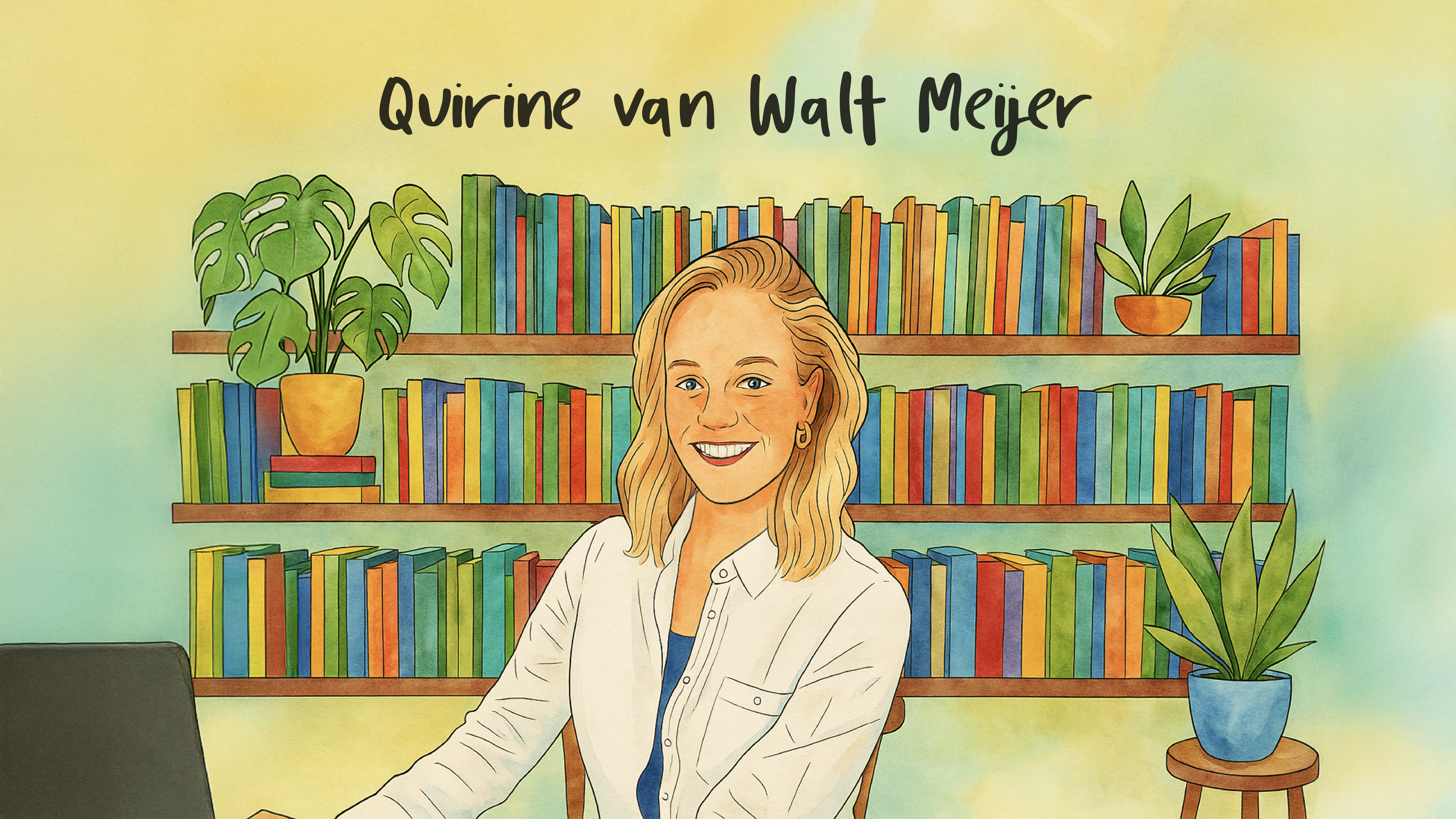
Vibe coding makes prototyping close to code, closer to users
Meet Quirine, a computational design manager exploring how AI reshapes the way her team builds and test ideas
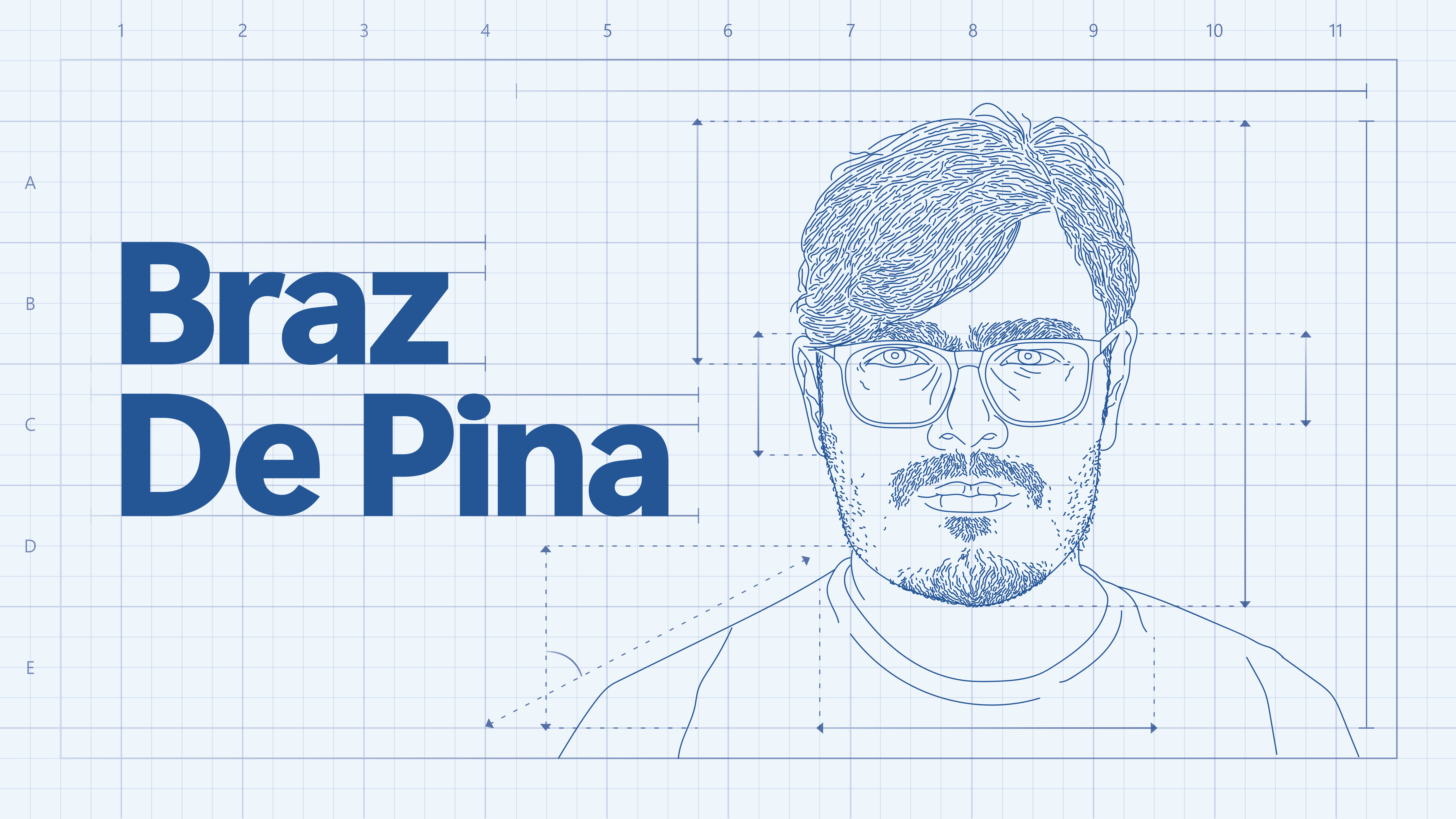
Breaking the mold: Braz de Pina on the evolution of creativity and design in this AI era
Meet Braz De Pina, a Principal Product Designer for Microsoft’s Experience Collective Horizontal Design Studio
